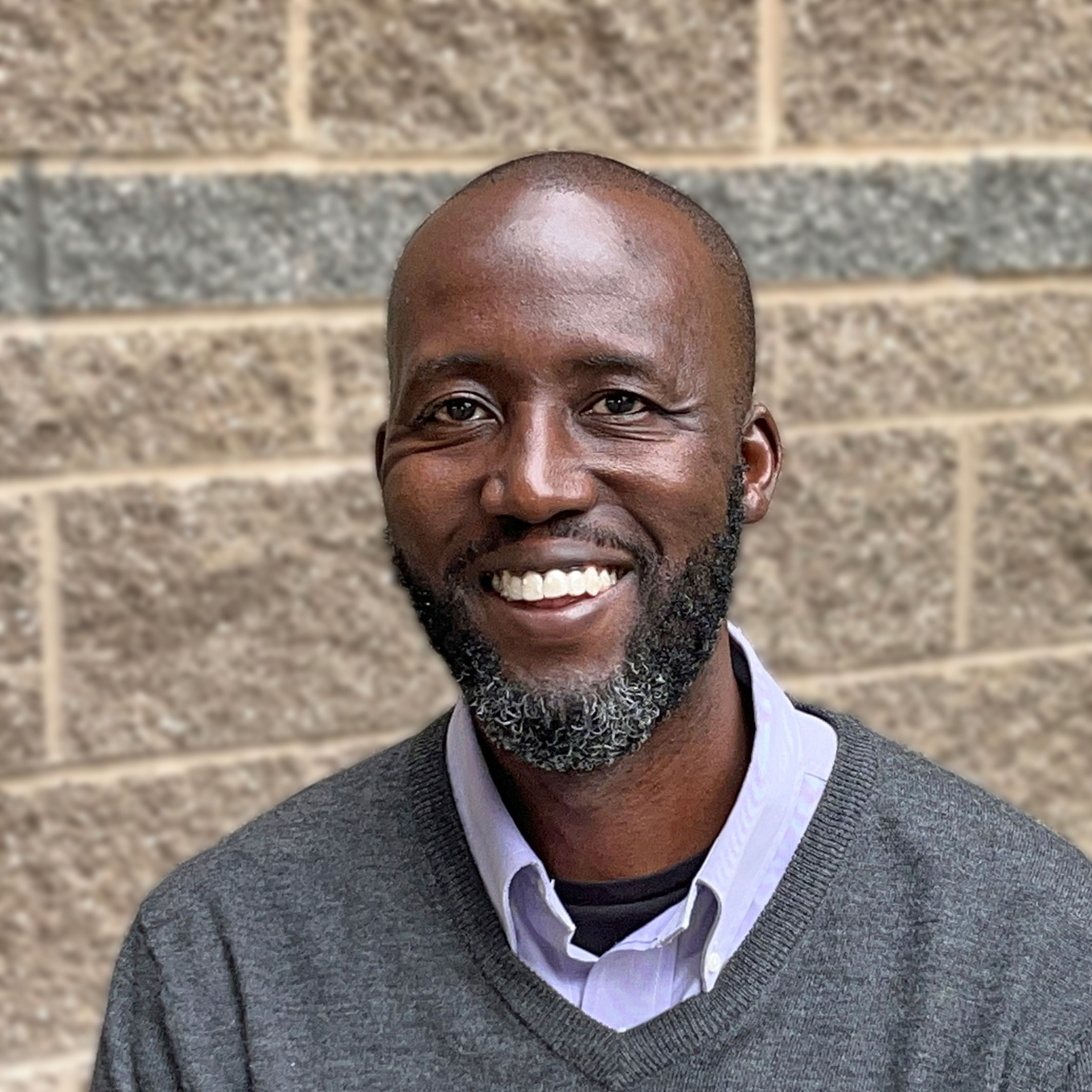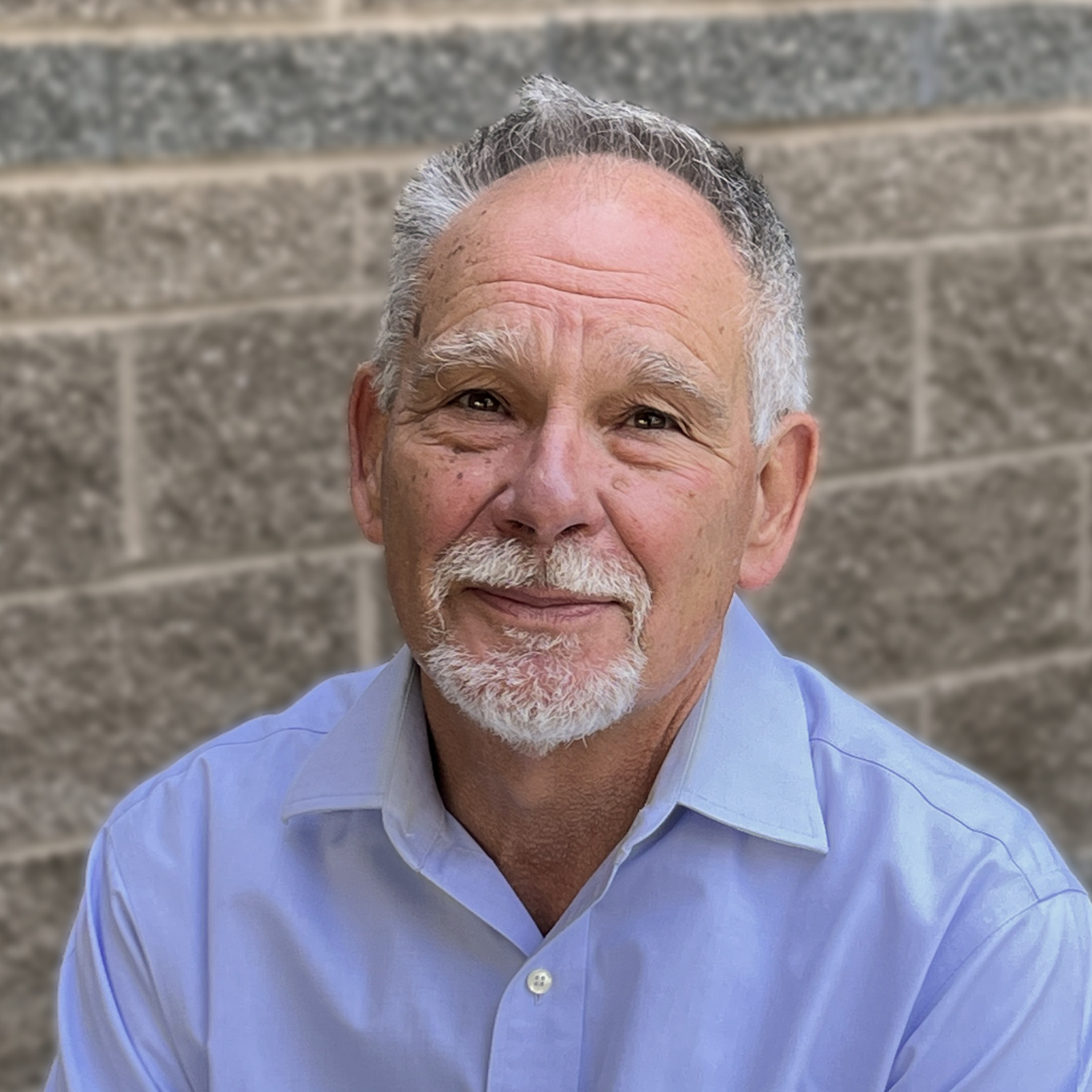About Us
who we are
Alderwood Community Church is a group of people who are committed to following Jesus together. We are a non-denominational church devoted to God's Word. We believe in the saving hope of the gospel found only in Jesus Christ.
We gather on Sundays for three services at 8AM, 9:30, and 11AM, with an additional classic service offered at the 8AM hour. While the songs we sing in each service will be the same most weeks, including both contemporary worship songs and hymns, the music in our Classic service will be unplugged, reflective, and at a quieter volume. The music for the modern services has a more modern style and includes a full band.
We invite you to join us for either of these worship experiences.
Frequently Asked Questions
OUR mission:
To Follow Jesus TogetherHow we do that:
our beliefs - The Essential Doctrine statement
At Alderwood we follow Jesus together. While followers of Jesus differ on many aspects of their beliefs, there are some key doctrines that the global church has held as core to the Christian faith going back to Jesus’ earliest followers.
At Alderwood, we consider these essential doctrines of the faith to be as follows:
Meet The Team
Executive Team & Pastors
Directors
admins & support staff
elders

Tony Bollen
Elder Secretary
jason carter
Elder Chairman
TIM EPP
Treasurer
Jeff Gahr
Elder
JEFF ILIFF
Elder
Alex JAKANA
Elder
RICK KELLUM
Elder
charlie lanasa
ElderContact Us
ServIce Times And Location
Sundays @ 8:00, 9:30 and 11:00am
3403 Alderwood Mall Blvd
Lynnwood WA 98036






























